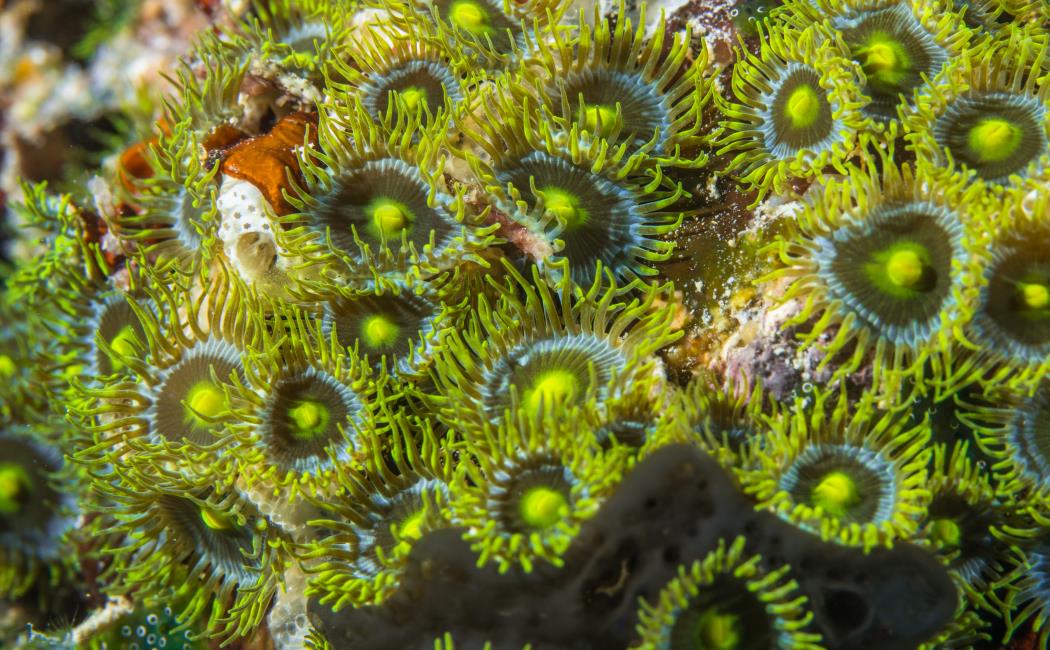
Sea anemone’s sweet efforts help reef ecosystems flourish
14 May, 2023
Tropical oceans are typically nutrient-poor, yet they host vast biologically diverse reef ecosystems built by symbiotic cnidarians (including corals and anemones). This apparent contradiction, known as the Darwin Paradox, has puzzled scientists since it was first described by Charles Darwin in 1842.
Now, an international study led by KAUST researcher has demonstrated how the sea anemone Aiptasia distributes the sugar it receives from its symbionts to recycle nitrogen waste efficiently throughout its body, enabling it to thrive in nutrient-poor environments.
“Many previous studies focused on the ocean environment to discover where the limited nutrients come from — particularly nitrogen, which is very scarce,” says research scientist Guoxin Cui, who worked on the project under the supervision of Manuel Aranda.